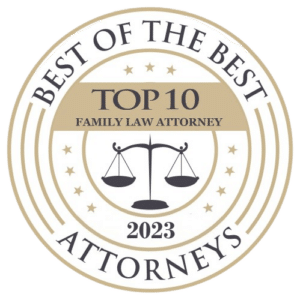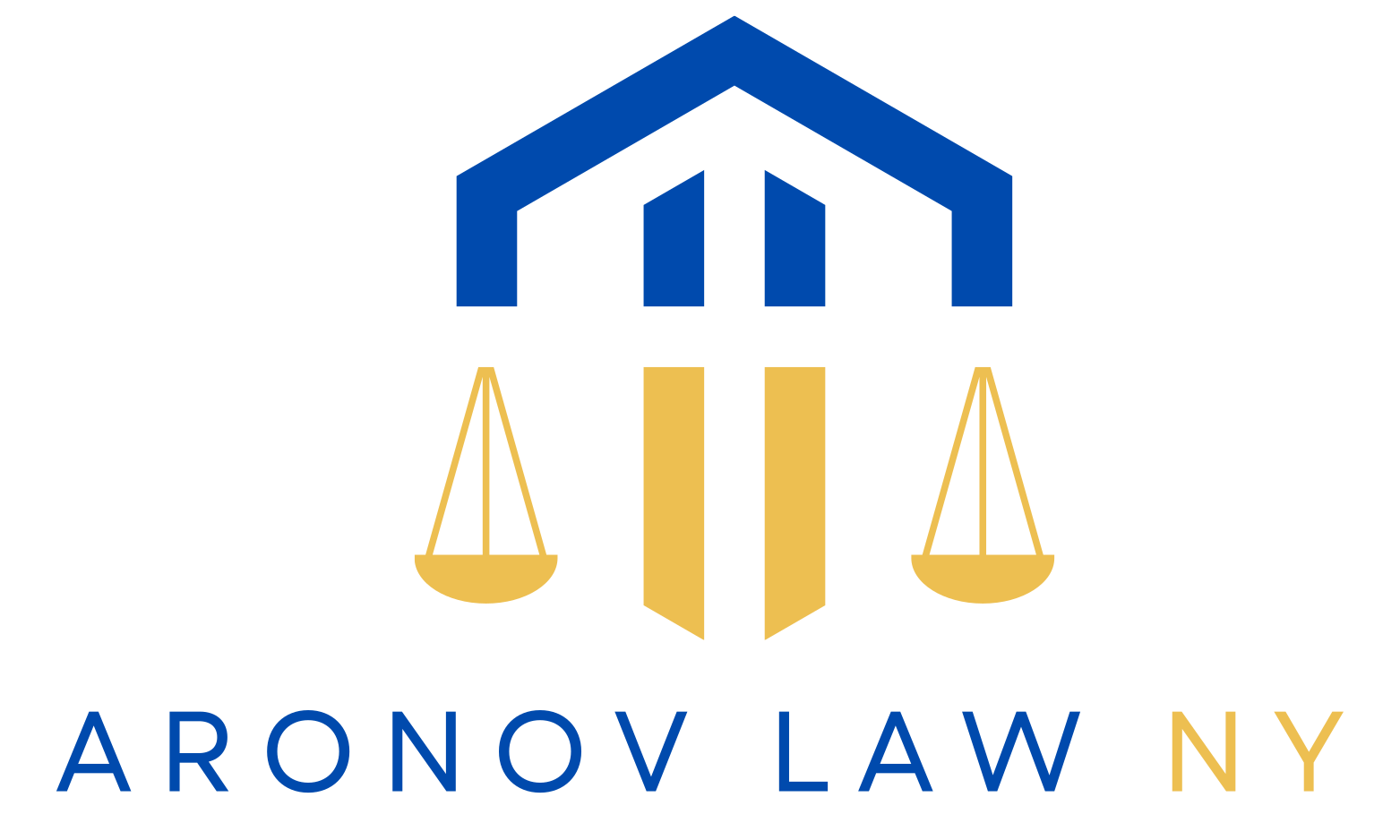New York State Bankruptcy: Permissible Exemptions
If you live in New York State and find yourself in a position where you feel you must file for bankruptcy, don’t panic. You are not alone. But . . . we strongly urge you not to try to go it alone. There are times when DIY is the right choice . . . this isn’t one of them.
What’s My First Move?
The first thing you need to do is discuss your situation with a qualified, experienced New York Bankruptcy attorney. They will be able to quickly access your case and determine whether bankruptcy is the best option. Oftentimes, an attorney can find a much simpler solution that could save you a lot of time, money and frustration. Bankruptcy cases are handled in the Federal Courts . . . do you really want to enter that arena if it isn’t absolutely necessary?
Chapter Two?
Actually your bankruptcy will most likely fall under Chapter 7 or Chapter 13 unless you own a family farm, small business or the like. Your attorney will determine what’s best for you.
Now . . . What About Exemptions?
New York State bankruptcy exemptions are complex and we urge you to engage a highly qualified and experienced New York Bankruptcy attorney. The following information outlines some of the exemptions that may be claimed under New York State law, however, you will need to thoroughly discuss all exemptions, in detail, with your attorney.
- Bankruptcy exemption of a motor vehicle: one vehicle not
exceeding four thousand dollars in value (above liens and encumbrances of
the debtor). However, if the vehicle has been equipped for use
by an alternately-abled debtor, then ten thousand dollars in value (above liens and encumbrances of the debtor).
- Bankruptcy exemption for the right to receive benefits. The debtor’s
right to receive or the debtor’s interest in: (a) a social security
benefit, unemployment compensation or a local public assistance benefit;
(b) a veterans’ benefit; (c) a disability, illness, or unemployment
benefit; (d) alimony, support, or separate maintenance, to the extent
reasonably necessary for the support of the debtor and any dependent of
the debtor; (e) the debtor’s interest in their rent-stabilized
lease; and (f) all payments under a stock bonus, pension, profit
sharing, or similar plan or contract on account of illness, disability,
death, age, or length of service unless (i) such plan or contract,
except those qualified under section 401, 408 or 408A of the United
States Internal Revenue Code of 1986, as amended, was established by the
debtor or under the auspices of an insider that employed the debtor at
the time the debtor’s rights under such plan or contract arose, (ii)
such plan is on account of age or length of service, and (iii) such plan
or contract does not qualify under section four hundred one (a), four
hundred three (a), four hundred three (b), four hundred eight, four
hundred eight A, four hundred nine or four hundred fifty-seven of the
Internal Revenue Code of nineteen hundred eighty-six, as amended.
- Bankruptcy exemption for the right to receive certain property. The
debtor’s right to receive, or property that is traceable to: (i) an
award under a crime victim’s reparation law; (ii) a payment on account
of the wrongful death of an individual of whom the debtor was a
dependent to the extent reasonably necessary for the support of the
debtor and any dependent of the debtor; (iii) a payment, not to exceed
seventy-five hundred dollars on account of personal bodily injury, not
including pain and suffering or compensation for actual pecuniary loss,
of the debtor or an individual of whom the debtor is a dependent; and
(iv) a payment in compensation of loss of future earnings of the debtor
or an individual of whom the debtor is or was a dependent, to the extent
reasonably necessary for the support of the debtor and any dependent of
the debtor.
It is essential to understand that the New York State Bankruptcy exemptions stated here should not be relied upon for filing bankruptcy on your own but simply used as a general guideline. Why? Exemptions are often updated and only an attorney specializing in New York State bankruptcy law can verify up-to-date exemptions, ensuring your financial best interests.
Don’t face bankruptcy alone . . . contact a New York State Bankruptcy attorney and be sure that your financial future is in the hands of experts.
If you seek to file bankruptcy for the first time please contact one of our Queens, NY bankruptcy lawyers now by filling out the adjacent contact form.
Queens Corporate Office Directions:
Brooklyn, NY Bankruptcy Law Office:
1172 Coney Island Ave 2nd floor, Brooklyn, NY 11230


Free Legal Consultation
98-14 Queens Blvd
